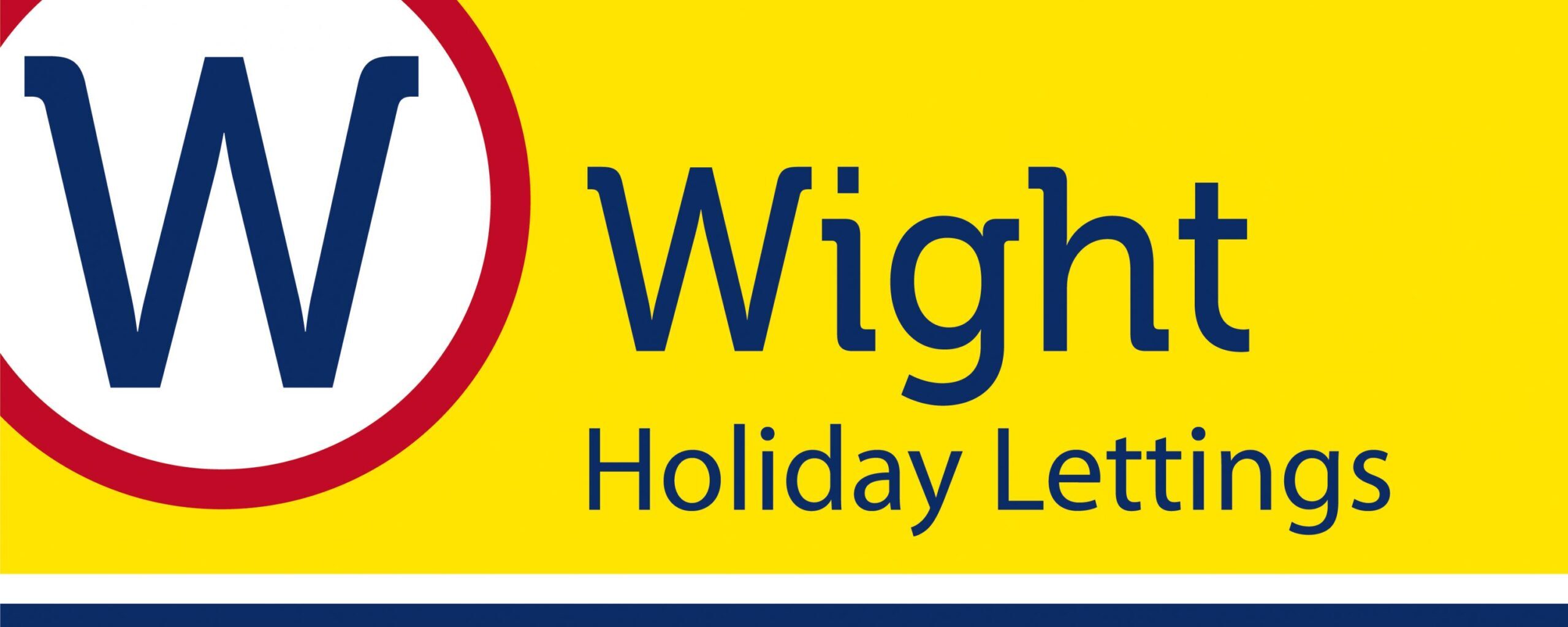Why You Should Consider Investing in a Holiday Home
August 22, 2019The UK holiday industry is currently thriving and has been for some time now, with no end in sight to the continued growth in UK based holidays. There has been a great deal of investment in the last 5 years from private equity groups, who can see where the market is headed.
Here are some of the top reasons why it’s a good time to take the plunge and reap the benefits of letting to holiday makers:
UK tourism is booming
There are a variety of reasons for the recent boom in UK based tourism, and many are quick to say this is all down to ‘Brexit’, however, this boom started long before the current situation and we believe this has more to do with a change in standards and availability of accommodation and also investment in the industry from many sources. UK tourism has seen a steady increase for the past decade and the idea of a ‘Staycation’ is becoming more popular each year. According to Visit Britain, this sector is predicted to grow by around 4% per year for the next 5 years.
Use your Holiday home yourself
It doesn’t have to just be an investment; it can also be a perfect holiday retreat for you and your family & friends to use as often as you want. With our owner access portal, you would have access to your own booking calendar and be able to block out as many available dates as you wish. We can provide you with a full calendar of weekly rates, so you’ll know the most cost-effective times to use the property yourself. As one of our owners, you would also have access to our discounted ferry rates, making a trip to the Island even easier.
A great way to earn extra income
Depending on your individual circumstances, your income from holiday lettings should cover all costs related to owning a second home with some left over as extra income. The amount you can earn depends entirely on the type of property & location, and also what extra amenities will attract bookings.
The most popular addition people search for is a Hot-tub, which will add around 15% to your level of bookings, but does come with associated maintenance costs. Allowing Pets to stay at your property will also help booking levels and Pet-friendly properties book on average 8% more than properties that don’t accept Pets. You can also earn a little more per week by adding a ‘pet charge’.
Flexible Tax benefits
One of the many benefits of owning a holiday home is the potential tax benefits, but this can be a bit confusing and we’d recommend all owners get professional advice before proceeding. If you meet the criteria to qualify as a Furnished Holiday Let (FHL), the tax office allows additional tax benefits, some of which are over and above those afforded to long term residential landlords. To be able to qualify as an FHL, the property must be available to let for at least 30 weeks a year and actually be let for 15 weeks a year (105 days). Also, the property cannot be let to the same person for more than 31 consecutive days.
The potential tax benefits include:
- You may be able to claim capital allowances on any embedded fixtures on the property purchase. This can often be in excess of 20% of the cost of the property (so for example if the house cost £400k you might be able to get a tax deduction in year one against your rents of £80k).
- You can claim capital allowance on purchasing the carpets, sofas, beds, wardrobes, TV’s, hot tubs etc (and provided the total spend in a year is less than £200k, you get full deduction against your rents).
- You can claim capital allowances on the business percentage on the purchase of a car or van.
- If you sell the property after at least one year of trading the Capital Gains Tax you pay on any gain could be as low as 10%, whereas a long-term rental property could attract a higher rate of 28%.
- The net income qualifies as earnings for pension contributions (unlike long term lets).
- There is no tax relief restriction for loan interest to buy or improve FHL, so you claim 100% of the interest at your highest tax rate. Contrast this with the restrictions in the tax relief for buy to let residential landlords, who after 2020 will only get basic rate tax relief; buy to let landlords in higher tax brackets could then end up paying much more tax than before, potentially at a higher rate than FHL owners.
